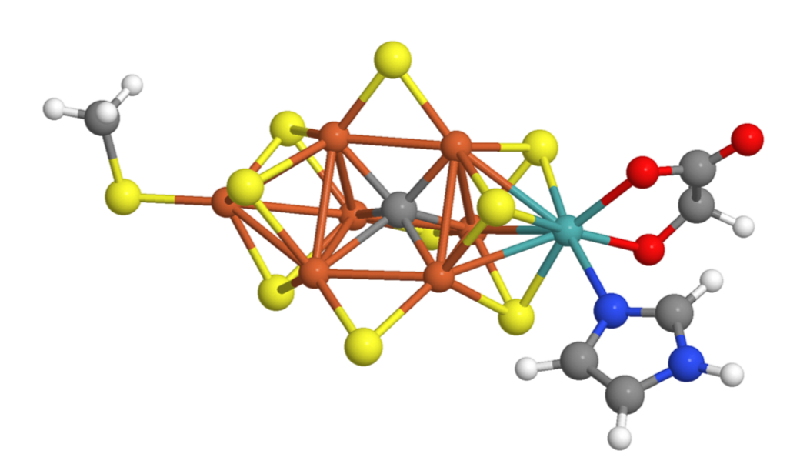Quantum Simulators: Exploring the Frontiers of Science and Designing Effective Simulations

Course Content
Introduction to Quantum Simulators
-
The significance of quantum simulators in advancing scientific research
00:00 -
Overview of the ebook’s content and goals
00:00